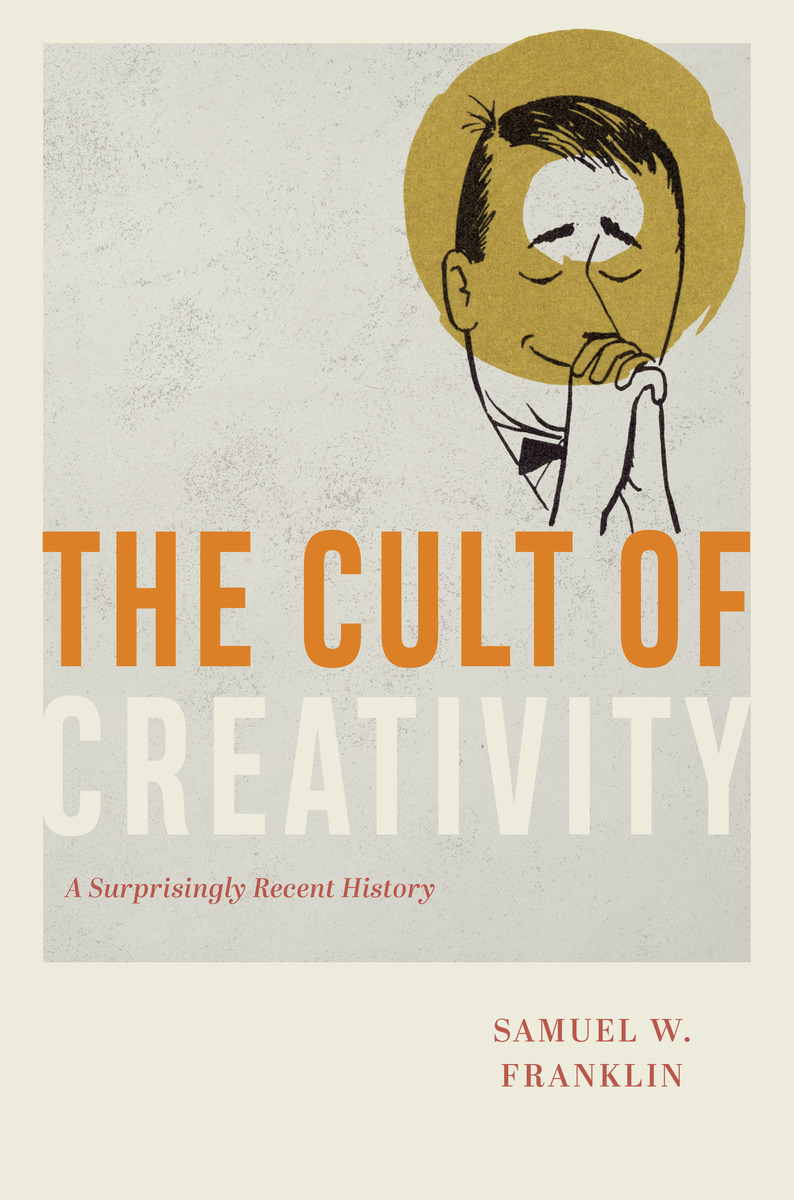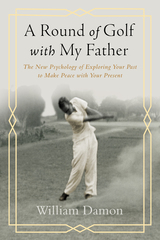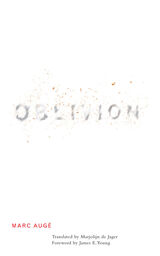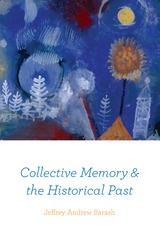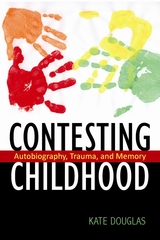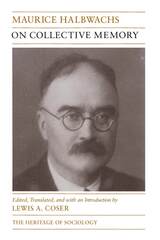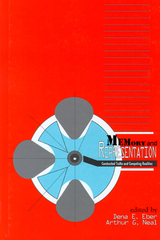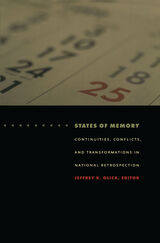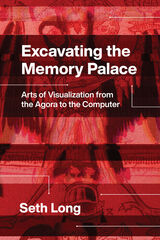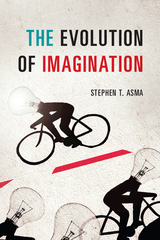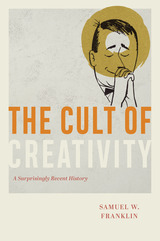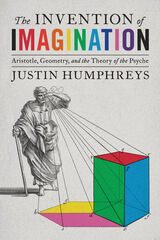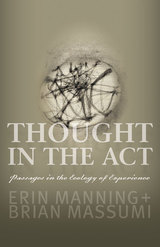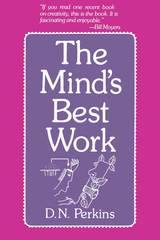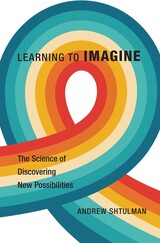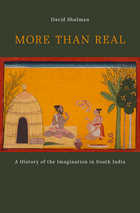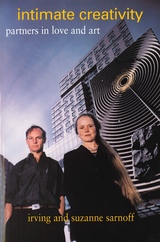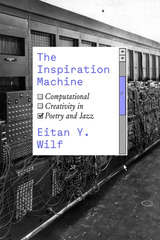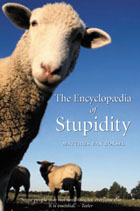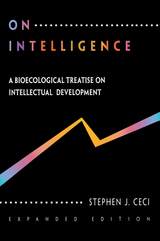“The Cult of Creativity is a beautifully written and well-documented account of how creativity gained the societal value it has today. Franklin reveals the powerful social construction at work behind the meaning of creativity and reminds us that such ideas have historical roots, as well as a more sinister side that should concern us all. Through engaging storylines, he builds a complex picture that is captivating to discover, piece by piece.”
— Vlad Glaveanu, author of Wonder: The Extraordinary Power of an Ordinary Experience
“Celebrated and sought-after, ‘creativity’ is often presented as the magic yet ineffable elixir for fame and fortune by today’s artists, technologists, and business leaders. And yet—until Samuel Franklin’s marvelous new book—it has been little studied as a historical phenomenon. The Cult of Creativity examines how, after World War II, a fascinating ensemble of psychologists, advertising executives, and other assorted gurus attempted to explain and quantify human ingenuity. The result is an insightful and delightful exploration into how we think about technology, capitalism, and consumerism.”
— W. Patrick McCray, author of Making Art Work: How Cold War Engineers and Artists Forged a New Creative Culture
“The Cult of Creativity presents an exceptionally lucid look at the various ideas, doctrines, and programs behind the concept of creativity. Through keen analysis, Franklin brings together scholarship from a range of sources to frame this powerful social and cultural critique.”
— Howard Brick, author of Transcending Capitalism: Visions of a New Society in Modern American Thought
"As historian Franklin notes in his forthcoming book The Cult of Creativity, the concept [of creativity] gained much of its cultural currency in the mid-20th century, when executives and other leaders tried to stimulate creativity in hopes of churning out better ad spreads and new technologies. With these titans’ encouragement, Americans began to see creativity as a virtuous end in itself, buying into the promise that expanding our creative abilities could fulfill us individually and secure our collective future."
— Boston Globe
"In Franklin’s account, creativity, the concept, popped up after the Second World War in two contexts. One was the field of psychology. Since the nineteenth century, when experimental psychology (meaning studies done with research subjects and typically in laboratory settings, rather than from an armchair) had its start, psychologists have been much given to measuring mental attributes. . . . The pages Franklin devotes to the contemporary creativity landscape are the freshest and most fun in the book."
— Louis Menand, New Yorker
"As the subtitle of Franklin’s book suggests, the highly valued quality we call 'creativity'—so ubiquitous today as to seem universal and timeless—is actually quite new. Franklin tells a story of psychologists, scholars, business management 'gurus,' ad men, education policymakers, artists, and engineers who together reified creativity as immanently versatile, a trait both inherent to the individual and developable at scale. . . . It turns out the taken-for-granted virtue of creativity is yet another dubious invention of midcentury cold war and a product of academia’s collusion with industry."
— Public Books
"What Franklin leaves us with is a thought-provoking reevaluation of a celebrated societal value marbled with contradictions. All told, The Cult of Creativity is lucid, fresh and illuminating. If you need more adjectives than that, you’ll have to brainstorm them yourself."
— NewCity
"Where did the concept of creativity come from? And why is it valued so highly? One answer is posited by Franklin’s provocative new book. . . . Franklin cogently argues that creativity became a buzzword because it was a way to retool white-collar workers for a service economy—one that rewarded branding, research and development instead of Fordian manufacturing. . . . His book is an antidote for anyone who has sat, pen in hand, struggling to locate their 'divine muse.'"
— The Economist
"Franklin’s well-researched book on the young history of the word 'creativity' has simultaneously turned out to be a chronicle of the morals and values ruling post-war America – and implicitly many other Western countries. Its pleasant style and the many well-chosen quotations from the creativity literature, helped by the mildly critical tone, make for insightful and entertaining reading."
— Leonardo
"Franklin challenges the notion that creativity is a trait that can be cultivated and unleashed by virtually anyone. . . . He proposes a nuanced and critical approach to the study of creativity, one that recognizes its complexity, diversity, and context-dependence. In doing so he offers a nicely written and well-researched book that casts a fresh and insightful perspective on a controversial topic. . . . Summing Up: Recommended. All readers."
— CHOICE
"The Cult of Creativity comes at a technological turning point. The emergence of generative-AI tools has given us the option of outsourcing our brainstorming, becoming prompt engineers to idea-spitting machines. . . . In Mr. Franklin’s idealistic scenario of the future, we will redirect our energy away from producing more disruptive innovations and toward a thoughtful consideration of 'what should be produced in the first place.' World-saving ideas and technologies are still needed—whether they result from creative thinking or not—but 'the space to question the goodness of the new,' Mr. Franklin suggests, might be 'the big idea we need right now.'"
— Wall Street Journal
"Franklin posits that 'creativity' is a concept invented in America after the Second World War, appearing primarily in two contexts: psychological research and business, each arising semi-independently, but feeding into and reinforcing each other. Humanistic psychologists—attuned to postwar anxieties about alienation and conformity—connected creativity with authenticity and self-expression. The advertising industry—the motor of consumerism—grabbed on to the term to appropriate the glamour and prestige of the artist and confer those attributes on admen and product designers. In the information age, countercultural values turned out to be entirely compatible with consumer capitalism. The difficulties that arose in defining creativity are intrinsic to the concept itself, Franklin argues, and his provocative book unpacks the history of a term whose origins are more recent than we might imagine."
— New Yorker, on "Best Books of 2023"
"When we let people get away with thinking that creativity is the alpha and omega of existence, or even just of the business world, we sow a garden of vices. We’ve seen corporate monsters before, but it took the cult of creativity to concoct the particular monster called Elon Musk. Franklin’s wonderful book made me understand, as never before, the forces that shaped this billionaire narcissist schmuck and not a few lesser rich schmucks as well."
— The New Republic
Named one of "Behavioral Scientist’s Notable Books of 2023"
— Behavioral Scientist
"In The Cult of Creativity, the cultural historian Franklin supplies a vital missing chapter of business history by refusing to accept creativity as a self-evident good and reframing it as a movement binding academic social scientists, university administrators, corporate managers and government agencies. It began during the Cold War and continues to mutate in our own times."
— Milken Institute Review
"Franklin takes aim at this notion of team-led ideas meetings and brainstorming, tracing its origins back to the post-war era. Indeed, Franklin argues in his book that the concept of 'creativity' as we know it was very much a Cold War construct, part of a push to promote the thinking that cultural and artistic endeavours go hand-in-hand with political freedom."
— Campaign US
